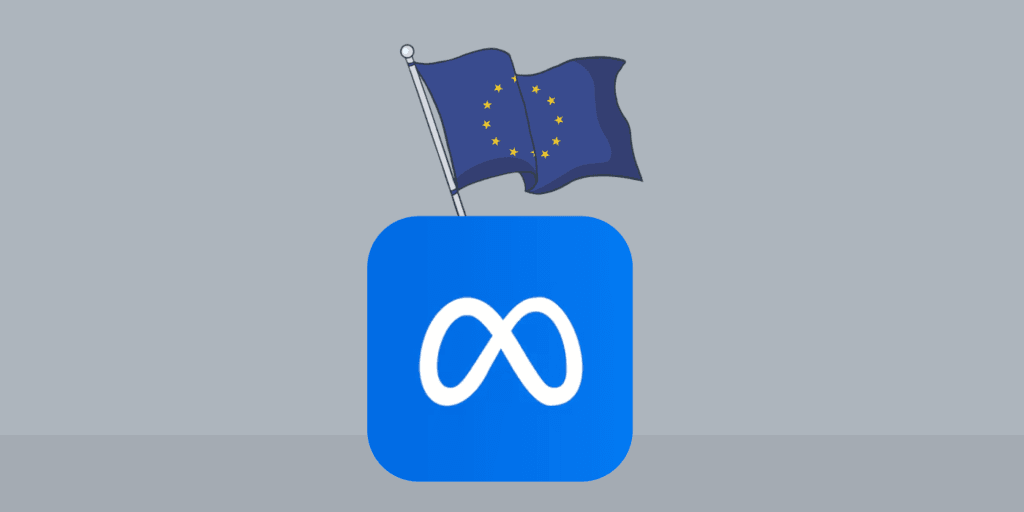
The EU demands Meta address consumer concerns over its controversial pay or consent model, which forces users to pay for the privacy or sharing of their data.
The European Union has asked Meta, the parent company of Facebook and Instagram, to explain the change in its new “Pay or consent” policies.
The policies introduced last year force consumers to pay a fee for their privacy or share their data with the company to use the platform for free. The European consumer authorities have urged Meta to change its course or face legal sanctions.
The model has faced several complaints from France and Spain. The consumer groups have taken their concerns to the Consumer Protection Cooperation (CPC).
The European Union, including the CPC network, has written an open letter to Meta stating these concerns. The letter covers aspects like language differences and screenings during the model launch.
The letter has been delivered to Meta, and Meta has until September 1 to reply and discuss the solutions. The authorities said, “If Meta does not overcome these concerns, the CPC authorities could impose penalties.”
The European Commission added that the model compels the users to choose between the two evils. This tyranny of choice breaches the EU competition law, attracting hefty penalties.
Meta’s defense and ongoing EU tensions
Addressing the criticism, the Meta spokesperson noted that subscription options as an alternative to advertisement are already prevalent in many industries.
The spokesperson also added that the subscription model aligns with the directions given by the highest court in Europe and that such policies are legal in the European region.
However, the conflict between Meta and the EU seems to escalate further, especially due to the EU’s strict regulatory framework. Earlier, Meta said it would face problems implementing its advanced generative AI models in Europe.
This is because the EU regulations expected from the company are uncertain. The company also delayed the EU version of its Twitter substitute threads.”
It is also important to note that various consumer organizations have supported the EU’s actions against Meta. Earlier this year, Agustin Reyna, the director general of the umbrella group of European consumer groups, called out Meta and asked to change the “Pay or Consent” screen fairly to provide users with a free choice.
